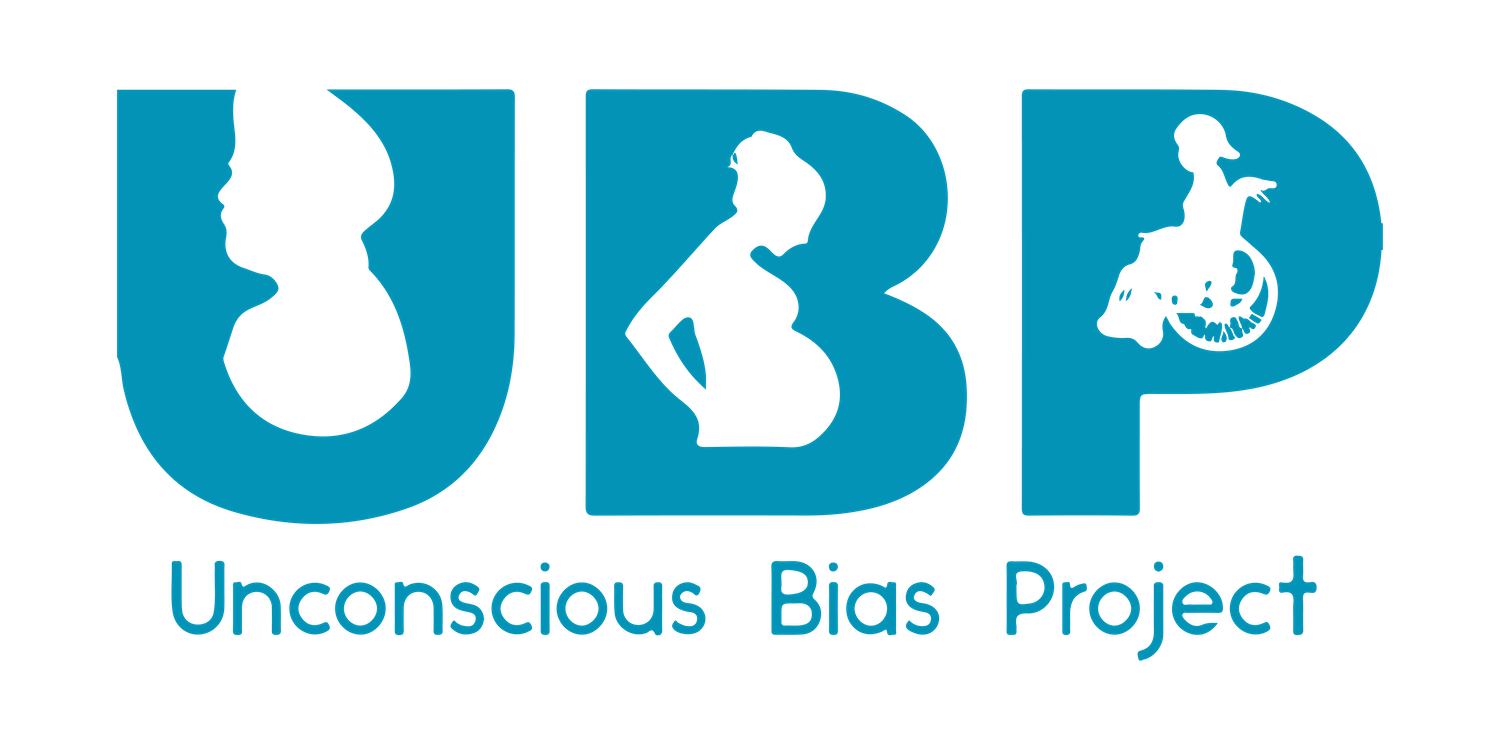Am I Biased?
Everyone Has Unconscious Bias
Everyone has unconscious biases, but the strengths and directions of these biases vary from person-to-person.
If you grew up in the US, you are at risk of unconsciously holding biases against white women, men and women of color, Latinos, and Muslims, to name a few groups.
Our biases are also strongly influenced by our upbringing and our exposure to different groups of people.
Because the nature of the problem is unconscious, we can’t trust our own minds to determine our biases. The most accurate way to determine where your own personal biases lie is to enroll in therapy and work closely with a psychology expert.
Or, if you lack resources for such work—which, frankly, many of us do—you can take a few online tests at the Project Implicit website. The results will be a very strong indicator of your personal unconscious bias.
Project Implicit has tests about race, sexual orientation, gender, and more. For example, to test if you are unconsciously biased against African Americans, this Washington Post article details,
…your task is to rapidly sort a series of faces as either “African American” or “European American,” even as you also sort a variety of words (like “agony,” “joy,” “happy,” “anger”) as either “good” or “bad.”
Bias in the test occurs when people are faster at categorizing negative words when they are paired with African American faces, or faster at sorting positive words when they’re paired with white faces — suggesting an uncontrolled mental association between negative things or concepts and African Americans.”
Based off your own timed responses, you’ll be placed in one of several categories of preference for a group: slight preference, moderate preference, or strong preference.
What the tests may lack in nuance, they make up for in objectivity. Many people, such as this author for Mother Jones, are shocked to find that they can be consciously impartial to categories like race, while simultaneously harboring strong unconscious biases.
Even more telling: Dr. Mahzarin Banaji is a social psychology professor at Harvard, an ethnic minority, and an expert about unconscious bias. Dr. Banaji, one of the founders of the Implicit Bias Tests discovered she held strong prejudices after taking the tests.
Even bias experts aren’t immune to biased social programming, so don’t beat yourself up if the tests indicate you have hidden bias.
Remember—holding unconscious bias does not make you a bad person. Taking these tests is an important first step to promoting equality, and we at the Unconscious Bias Project are here to help.
Once you take the tests and determine which groups you are most unconsciously biased against, you can start working to change your biases.

